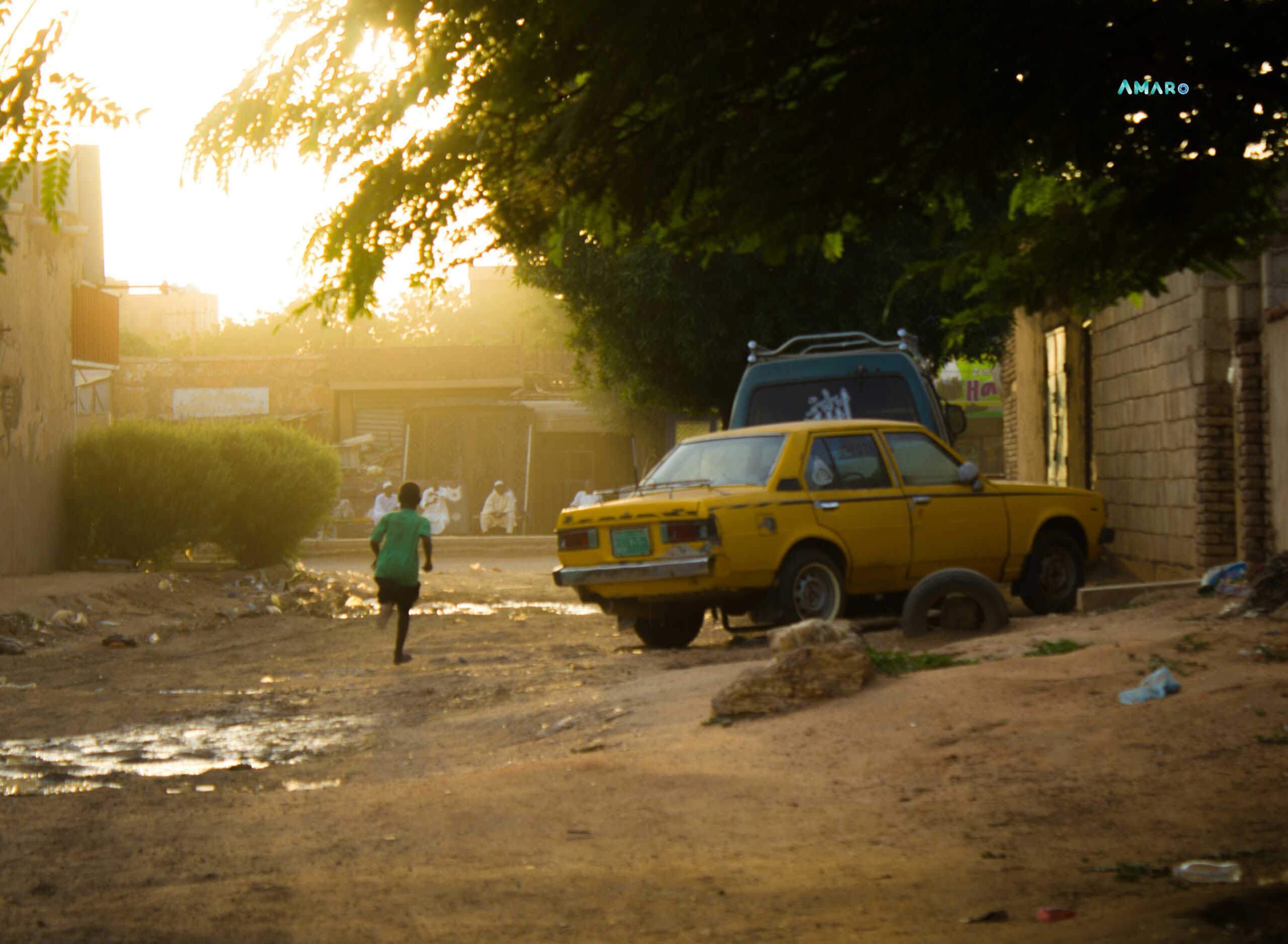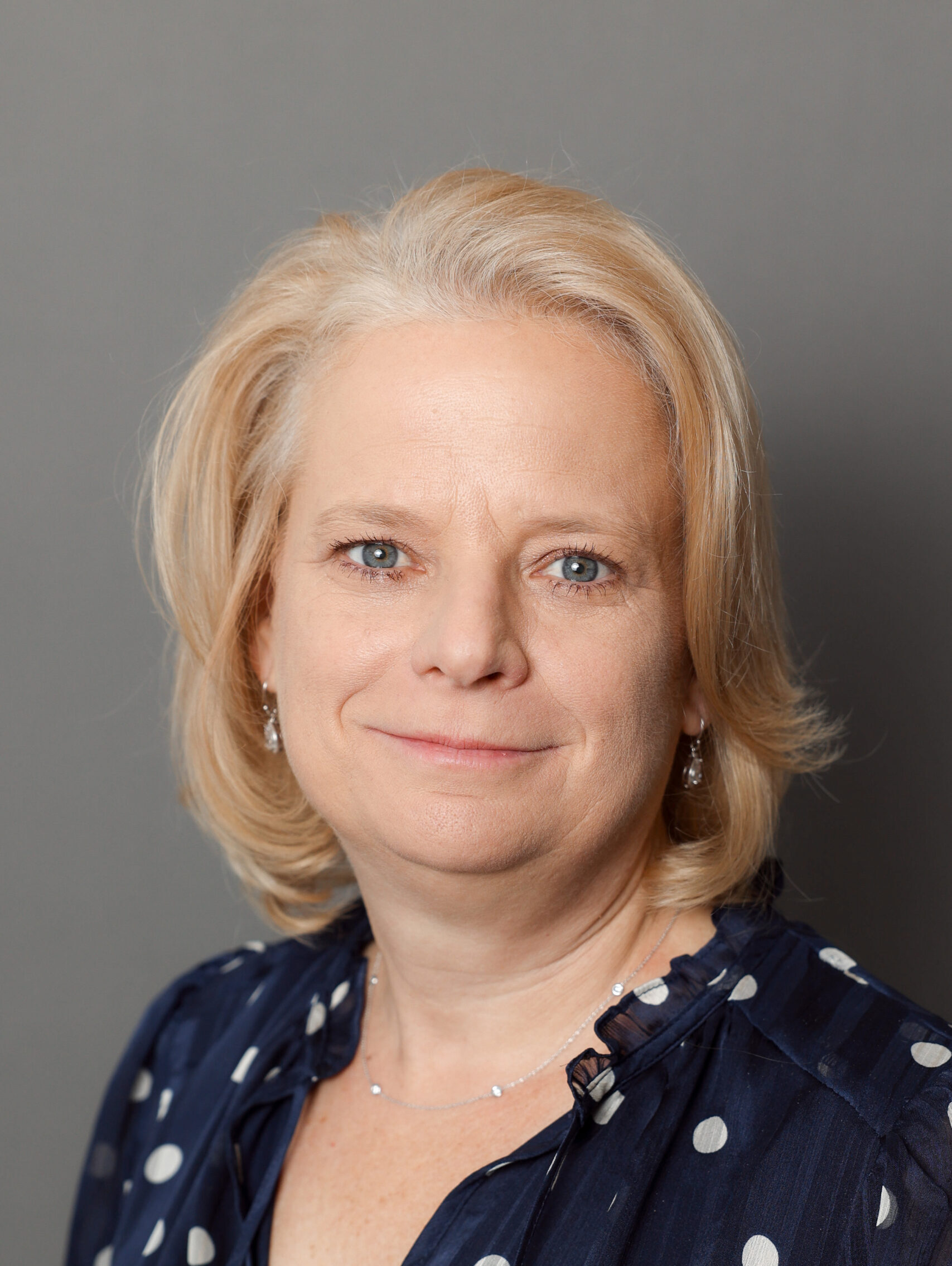What does it mean to be a humanitarian when the world steps back?

Nearly 300 million people require humanitarian assistance today, the highest figure in modern history. Yet, even as needs soar, the international aid system we have relied on is fracturing. Longstanding sources of funding and expertise are disappearing. In some places, including Sudan, a country I once called home, famine and conflict are devastating millions, and yet the silence surrounding this stark reality is deafening.
This World Humanitarian Day, I find myself asking: What does it mean to be a humanitarian in the current moment? I don’t have all of the answers. But I do know that this moment calls on each of us to reaffirm our values and take action together.
The cost of stepping away
The dissolution of USAID eliminates not just funding streams, but also decades of trusted relationships, deep technical knowledge and critical coordination. This is not a U.S.-only story, as other major donors are also pulling back, part of a wider nationalist shift where aid is framed as an optional charitable contribution rather than an essential investment in our shared humanity.
This trend also ignores a simple truth: humanitarian crises don’t respect borders. The belief that we can insulate ourselves from global suffering isn’t just morally questionable, it’s strategically short-sighted.
The human toll
While politics dominate headlines, the human consequences all too often play out quietly and brutally.
In Sudan’s Zamzam camp, tens of thousands of children are at risk of dying from hunger, while conflict has displaced millions and left them without access to basic services.
In Gaza, families who have been forcibly displaced face widespread severe food insecurity as health systems collapse, water and electricity remain scarce, and aid delivery is critically obstructed.
In Haiti, spiraling gang violence, political instability and economic collapse have driven mass displacement, trapping communities without reliable access to food, water or health care.
Across the globe, conflict-related hunger, prolonged drought and climate-driven disasters are forcing millions from their homes. And increasingly, those delivering life-saving aid are themselves under attack, with 2024 marking the deadliest year on record for aid workers.
Philanthropy’s role, and its limits
Philanthropy is being asked to shoulder more than ever before. At the Center for Disaster Philanthropy, we see funders leaning in with longer-term, more flexible support. This is encouraging, but philanthropy, however generous, cannot replace the scale, infrastructure and political leverage that government aid provides.
To be effective, we must challenge the false choice between helping at home and helping abroad. We must show that humanitarian leadership strengthens the alliances, stability and shared progress that also benefit our own communities.
We must also listen to the concerns driving isolationism. When communities feel left behind by globalization, when inequality grows and when local institutions fail, questioning investments in distant places is natural.
Our response thus should not be one of dismissal, but of proof that global engagement addresses the root causes of instability and inequality. That equitable recovery and leaving no one behind are not abstract ideals; they are strategies that strengthen security, foster opportunity and create the conditions for shared prosperity.
Reaffirming what it means to be a humanitarian
The path forward requires both pragmatism and courage. We must sustain what works and take risks on finding new solutions.
And we must remember that humanitarianism is not a title; it is a set of values that guide us to act when others cannot or will not.
In every disaster, there is a child who needs medicine, a family who needs shelter, a community that needs safety and hope. To be a humanitarian is to see them, to refuse to look away, and to act – especially when the world steps back.
